Editorial
Right to read
Govt should make medical education policy public as soon as possible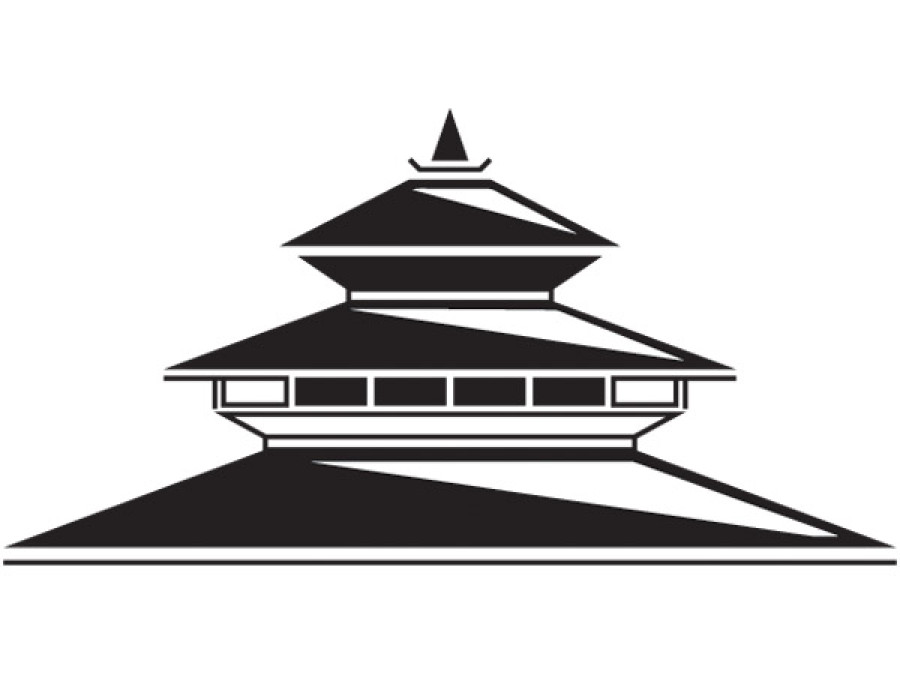
On June 29, a high-level committee led by former vice-chancellor of Tribhuvan University Kedar Bhakta Mathema submitted a report on medical education policy to the prime minister. In response, the prime minister reportedly said that the document would not only be a roadmap for medical education but the education sector as a whole.
The over 100-page report titled ‘Health Profession Education Policy’ was prepared by a formidable nine-member team of health professionals and educationists. The formation of an expert committee to prepare the report, however, was not an enlightened decision on part of the government. Rather, it was due to the pressure generated by Dr Govinda KC, an orthopedic surgeon who has tirelessly campaigned for an overhaul in medical education, badly enmeshed in corruption.
The report makes many commendable suggestions. To address KC’s concerns, the report argues that it is imperative to establish medical colleges in different parts of the country rather than crowding them all in the Capital. Doing so would not only help increase people’s access to health services but could also transform places where such colleges are established to become vibrant economic centres, as some evidences demonstrate.
Currently, seven out of 23 medical colleges in the country are in Kathmandu Valley and four more are being established here. They include Manmohan Memorial Institute of Health Sciences, chaired by CPN-UML lawmaker Rajendra Pandey; National Medical College, promoted by UCPN (Maoist) loyalist Basaruddhin Ansari; and People’s Dental College, run by Sunil Sharma, who has support from both the Maoist party and the Nepali Congress.
Dr KC’s fourth fast, among other things, was in opposition to the pressure on the Institute of Medicine to grant affiliation to lawmaker Pandey’s college. Given the deep nexus between the billion-dollar medical education industry and political parties, this advice looks to face stiff resistance.
The Mathema report suggests that a national accreditation board should be formed to supervise the uniformity and fairness of MBBS entrance exams. It also sets a threshold in fees for an MBBS course at Rs 3.5 million and suggests admitting aspiring medical students only on the basis of merit-based examinations. It further proposes to make post-graduate medical education free and to restructure the Nepal Medical Council, the sole authority for conducting licensing exams and regulating doctors.
Despite the Mathema report’s obvious strengths, there is a danger that the government might just sit on it. Successive governments have a history of quelling opposition through the formation of a fact-finding committee, publicising its commitment to the findings and eventually doing little when the reports are out.
To convince the Nepali people that things will be different this time around, the government should at least take the first step: release the report, which has strangely been a hush-hush affair. Then the public could engage in an informed debate on the issue and, if need be, pressure the government to implement it. Delaying the dissemination of the report will only fuel the belief that the political class fears losing its huge stakes in medical education.




 7.12°C Kathmandu
7.12°C Kathmandu


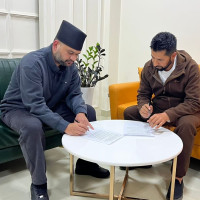

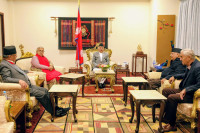
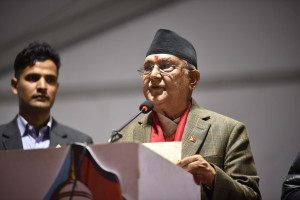
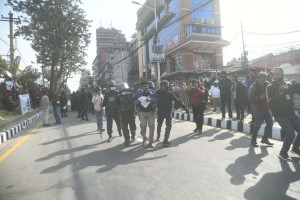
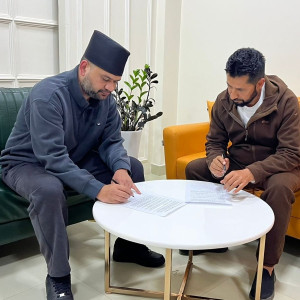




%20(1).jpg&w=300&height=200)

